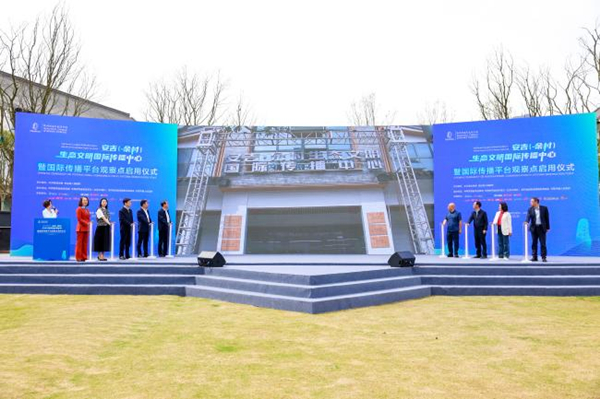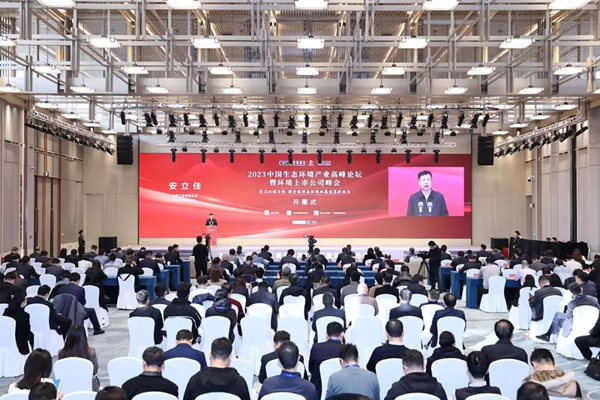Zhejiang's population inflow analyzed
East China's Zhejiang province is home to an exceptionally prosperous private-sector economy that provides abundant job opportunities for talented people from across the country.
The result of the seventh national census, released in May this year, shows that Zhejiang had 16.186 million permanent residents whose localities for household registration were outside the province in 2020. In other words, one in every four permanent residents in Zhejiang comes from outside the province. Only Guangdong (29.622 million) had a higher figure.
According to official statistics, Zhejiang's population inflow increased by 4.362 million from 2010 to 2020.
Of the 16.186 million immigrants in the province in 2020, 14.113 million, or 87.2 percent, were aged between 16 and 59. The proportion of immigrants who had stayed in Zhejiang for at least five years and 10 years were 38.2 percent and 21.6 percent respectively.
The top three provinces that contributed the most immigrants to Zhejiang were Anhui (3.139 million), Guizhou (2.829 million), and Henan (2.466 million). The number of immigrants from these places account for 52.1 percent of the total population inflow. Anhui was already the greatest contributor to Zhejiang's population inflow as early as 2010, when the sixth national census was carried out.
The top four Zhejiang cities with the largest population inflow as of 2020 were Hangzhou, Ningbo, Wenzhou, and Jinhua. More than two thirds of the immigrants in Zhejiang live in the four cities.

Visitors flock to a popular tourist attraction in Changxing county, Zhejiang province, on the night of May 3. [Photo/IC]





